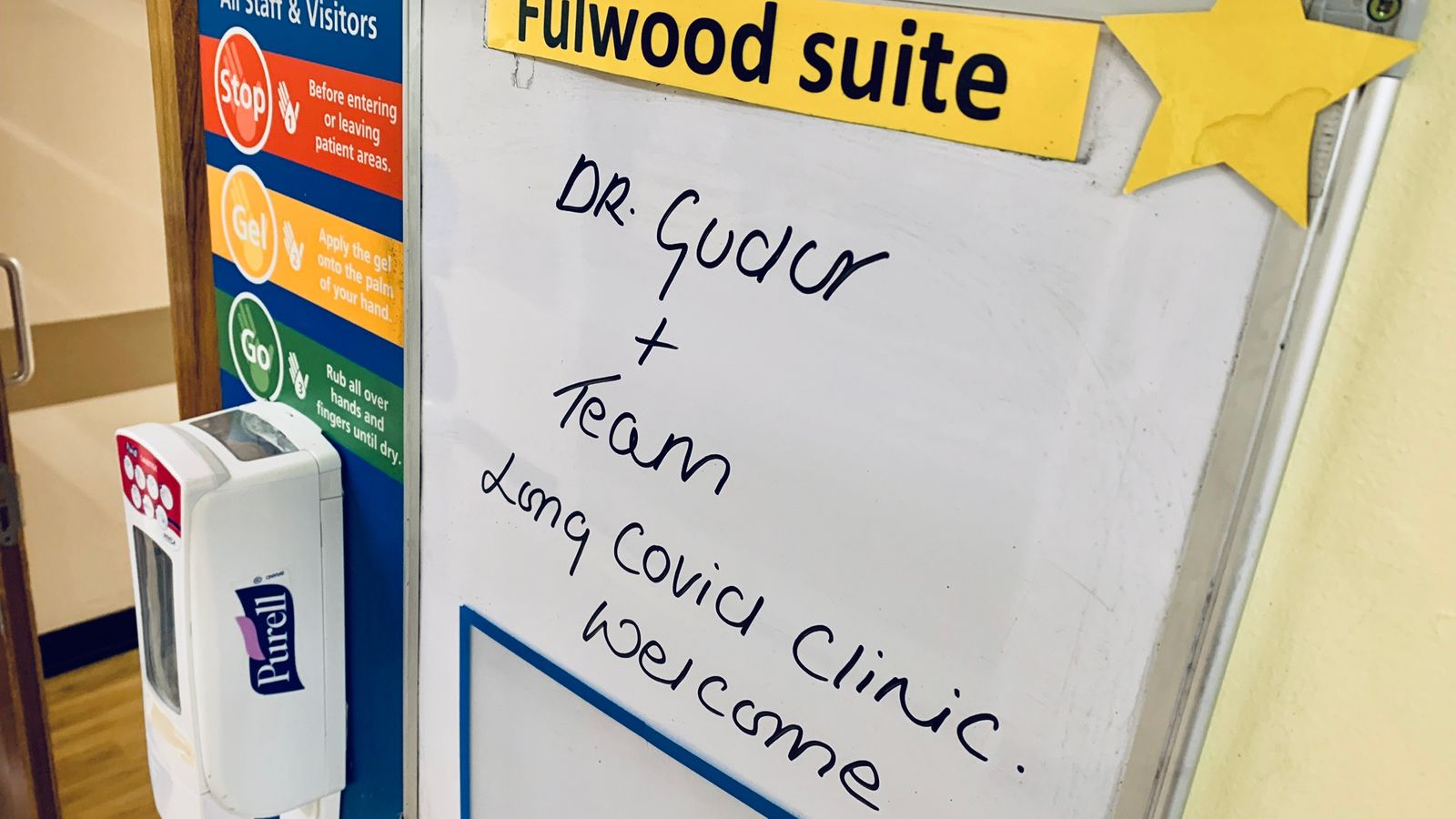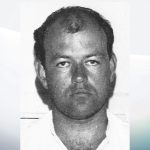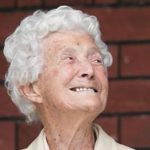“Look me – I’m shaking,” Laura Swarbrick says as she waits for her appointment.
Even getting to today’s long COVID clinic has been an unbelievable struggle for the 28-year-old.
Last summer, Ms Swarbrick was in the Royal Preston Hospital’s intensive care ward being treated for COVID-19.
She was there for nine weeks and the experience left her with crippling anxiety and depression.
“Coming back to the same place that I saw so many awful things happen, where I saw people literally dying on the ward around me, I find it terrifying,” she said.
“And I’m so scared of being put back in here, I try not to leave the house.”
Ms Swarbrick admits she needs help.
Downing Street Parties: Moves to ‘intimidate’ Tory rebels illegal, says sleaze watchdog chief
Omicron ‘sub-lineage’ BA.2 designated as COVID variant under investigation, says UKHSA
COVID news latest – live updates: NHS staff march in protest against vaccine mandates as COVID jab given in hot tub to help patient with learning difficulties
‘I didn’t even believe in COVID’
Aside from the mental health impact, she said she is breathless after walking short distances and she has a persistent, wracking cough.
“I didn’t believe in long COVID,” she said.
“I didn’t even believe in COVID – I thought it was all a hoax.
“But I wouldn’t wish it on my worst enemy.
“I was fit and healthy and now I can barely do anything.”
Around 30 patients are being seen at today’s special long COVID clinic, run by Royal Preston Hospital’s consultant chest physician, Dr Sharada Gudur.
Although the clinic is mainly looking for respiratory issues, it also points patients towards specialists in long COVID’s other symptoms, like muscular wastage.
‘COVID just destroyed me’
In the waiting room, awaiting his turn, was Michael Pilling.
“My family call me a gentle giant,” he told me, laughing.
At over six feet tall, and with a big, muscular build, Mr Pilling said he used to find his work as a facilities manager “easy”.
“I used to lift up and move around tables like they were nothing,” he said. “But now COVID just destroyed me.”
Mr Pilling, 63, caught COVID-19 in January last year, just weeks before he was due to get his first vaccination.
He was in an intensive care unit for nearly two months and lost four and a half stone.
“Up until now, I’m still fighting to get back to full strength with my legs and that,” he said.
“The rest of my body seems to be healing but not my legs.
“It has just knocked me for six basically, broke me down, and that has affected me mentally too.”
Scientists are still studying why some people are affected by long COVID and others are not.
Dr Gudur said: “Long COVID is a very long process.
“People have expressed that it is a never-ending saga.”
What the situation needs, Dr Gudur said, is more funding and more research.
One of the main challenges is finding the staff to run the clinics.
Long COVID has a wide range of symptoms, so sufferers need a multi-disciplinary team, from respiratory specialists to physiotherapists and radiographers.
Dr Gudur said: “Maybe one day there will be COVID specialists, because this is going to be a chronic disease and it’s important that everyone recognises that it is an entity on its own, and give the patients the care that they deserve.”






















